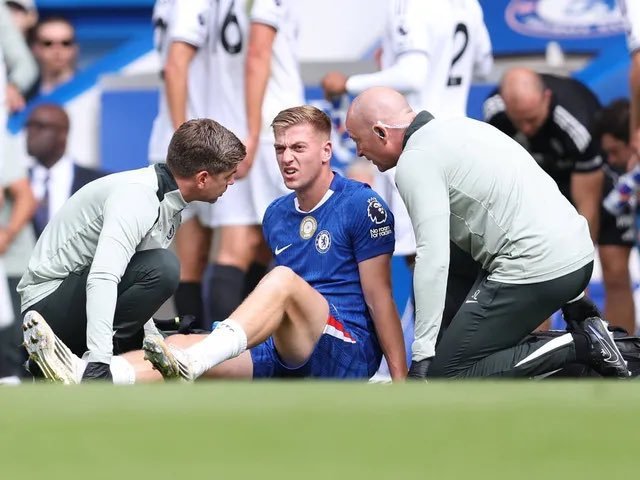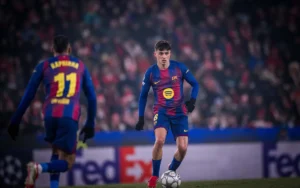Union says current situation a “perfect storm of how not to treat a human”
Global players’ union Fifpro has warned that footballers are being pushed towards breaking point by too many games and not enough rest periods.
In the fifth edition of its annual Player Workload Monitoring report, published on Monday, Fifpro said players at teams such as Chelsea, Paris Saint-Germain, Real Madrid and Manchester City did not receive the recommended minimum of 28 days off after last season, nor the recommended 28-day pre-season.
Neither Chelsea nor PSG, who played in the final of the Club World Cup, gave their squads more than 22 days off, before recalling them for pre-season training of 13 and 7 days respectively.
The union said the demands were placing players’ health and careers at risk. Much of the blame has been laid on Fifa, with whom Fifpro are in a long-running dispute over fixture planning, although Fifa has denied responsibility for fixture congestion, laying the blame instead on clubs and leagues.
Nottingham Forest striker Chris Wood, who sits on Fifpro’s Global Player Council, said that travelling long distances for international duty also takes a toll on players.
“Sometimes I’m on a plane three hours after finishing a game for Forest, ready to travel the 30 hours back to New Zealand,” said Wood. “In most cases, you’ll get a lie-down seat but it doesn’t give your body enough time to adapt or recover from the extreme workload you do in a game.
“And, of course, travelling 30 hours for these players who are going to South America, Australia, New Zealand, it’s a long way and then you have to be ready to train and go again three or four days later. It has a big effect on the body.”
Fifpro’s report also highlighted how PSG’s Achraf Hakimi played 69 games last season, while Bayern Munich’s Kim Min-Jae featured in 20 consecutive matches without the recommended five days’ rest between games.
Chelsea’s Cole Palmer was also cited, with Fifpro noting he could face three consecutive summers without a break if selected for the 2026 World Cup.
Darren Burgess, a performance consultant for Fifpro, called the situation a “perfect storm of how not to treat a human”.
“We know objectively from the GPS metrics for the clubs and players I’ve worked with, that when we play multiple back-to-back matches, after poor rest periods, they are physically not able to produce what they what normally produce if they were given sufficient recovery period,” said Burgess.
“It’s a combination that leads to, at worst, injury and, at best, reduced capacity to perform.”




